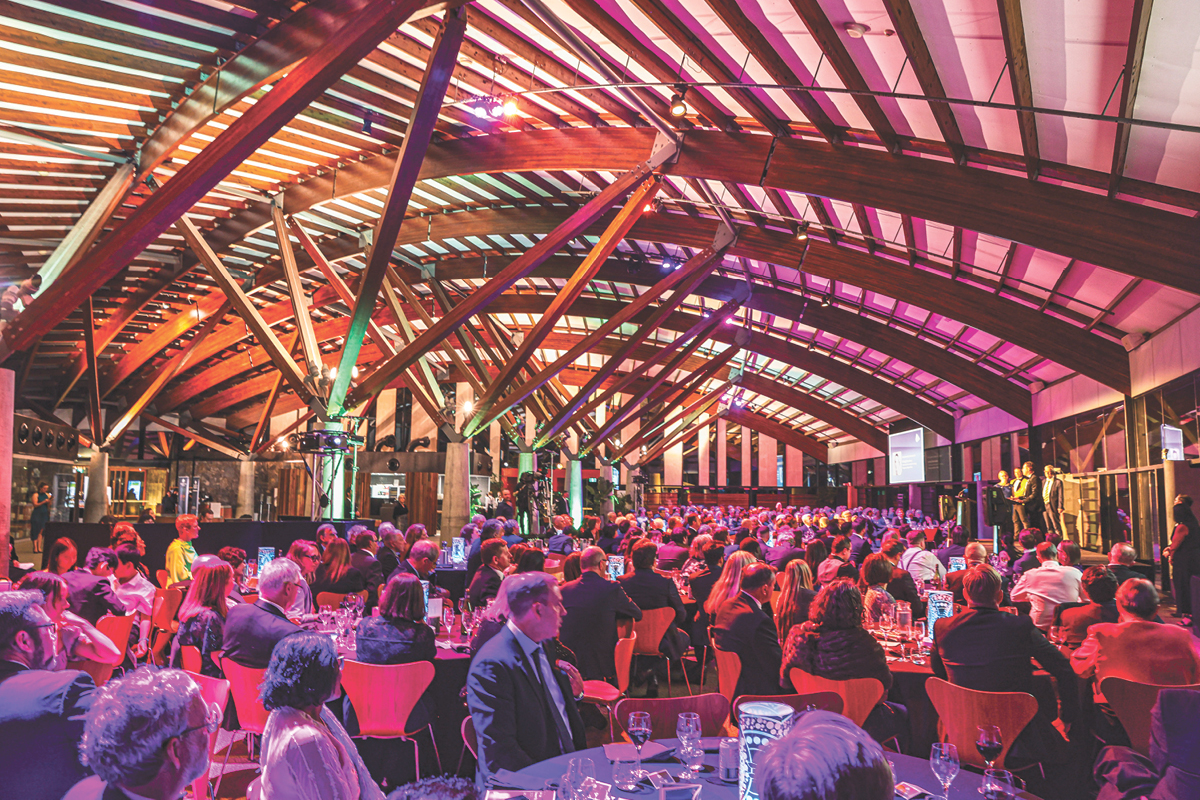
Over the span of her career, Katherine has led and supported the critical work of 14 different Cooperative Research Centres covering sectors from bushfire safety, climate change, medical technology and Antarctic science.
To arrange interviews with ATSE spokespeople and for other media enquiries, contact Bec Rohan-Jones - Director, Strategic Engagement: communications@atse.org.au or (02) 6185 3240.